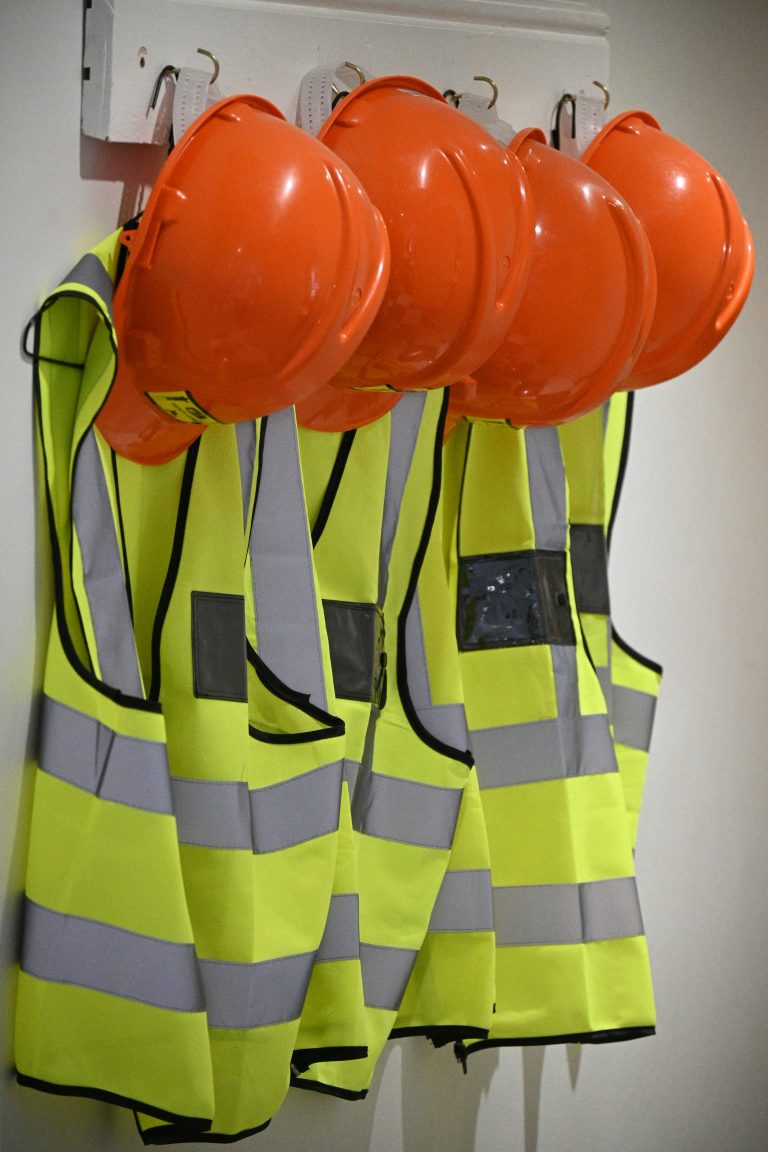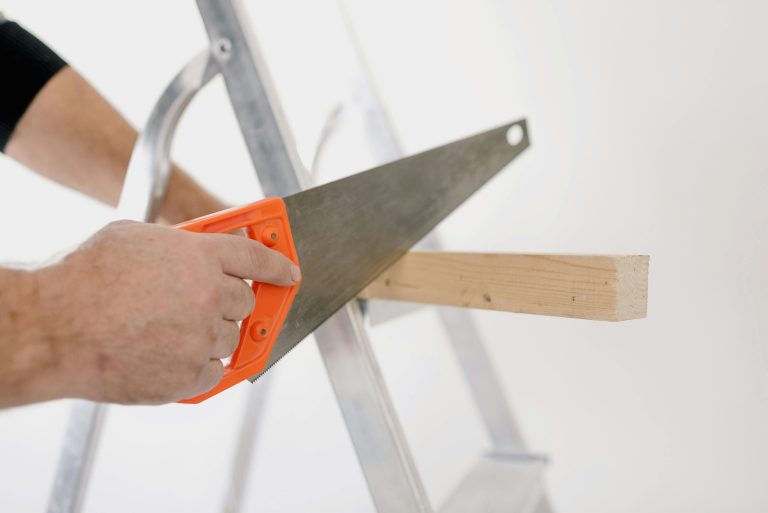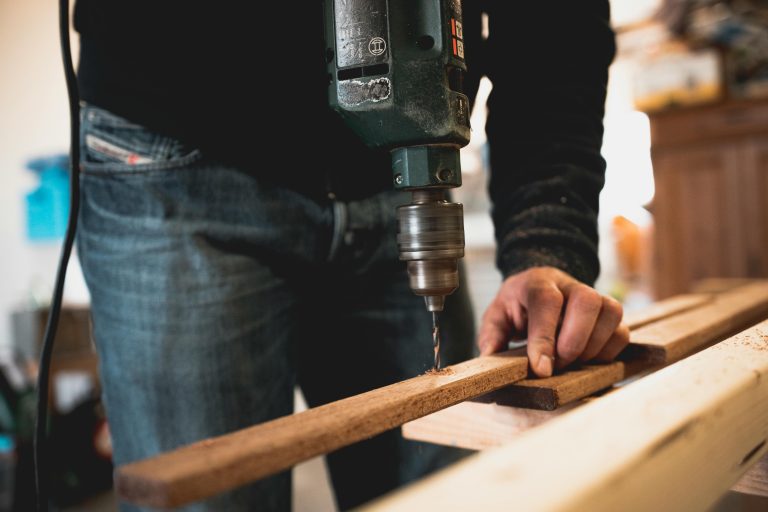Choosing the right screws is a critical step in any joinery project as it directly impacts the strength, durability and appearance of your finished work. Here are detailed guidelines to help you select and use the best screws for your specific project:
- Match the Screw Type to the Material:
- Softwoods: Use coarse-thread screws, which grip better in softer wood fibres.
- Hardwoods and Metal: Opt for fine-thread screws that provide a tight, secure fit without splitting the material.
- Select the Proper Length: The screw should penetrate at least half the thickness of the material being joined. For example, if attaching a 20mm thick piece, use a screw around 30-40mm long. Longer screws increase holding power but must not protrude excessively or damage the other side.
- Consider the Diameter: Use screws with a diameter suitable for the load and the size of the joint. Thicker screws are stronger but may require pre-drilling to prevent splitting.
- Choose Corrosion-Resistant Fasteners: For outdoor projects or areas with high humidity, stainless steel, brass, or galvanized screws resist rust and extend the life of your work.
- Pre-Drill Pilot Holes: Always drill pilot holes slightly smaller than the screw diameter to prevent splitting, especially near edges or corners. This also makes driving screws easier and more precise.
- Use Appropriate Drivers: Match your screw heads with the right screwdriver or drill bit—Philips, slotted, Torx, or Robertson—to ensure proper engagement and prevent cam-out.
- Avoid Over-Tightening: Tighten screws until snug but not so tight that they damage the material or strip the threads. This ensures a secure joint without compromising the integrity of the work.
Remember: Proper screw selection and installation are essential for creating strong, long-lasting joints and achieving a clean, professional finish in your projects. Taking the extra time to choose the right screws will pay off in the durability and appearance of your finished work.




